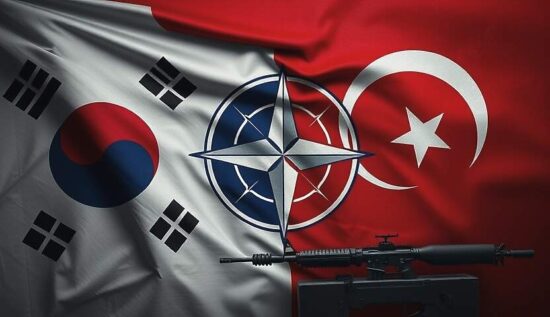The shipment of potent weapons from South Korea to Kiev was one of the most intriguing questions throughout the entire war. So far, everything has been limited to a certain amount of ammunition. South Korea mainly works in accordance with its agreements with NATO and supplies weapons to alliance members, carefully emphasizing the re-export ban. After the signing of the defense cooperation agreement between Russia and the Democratic People’s Republic of Korea, many expected a change in Seoul’s policy. However, despite the announcements of a revision of the export policy, it did not come to pass.
Similarly, the case of Turkey, where weapon deliveries to Ukraine are limited to pre-war agreements, has not seen a change. After the start of the Russian special operation, there have only been individual private initiatives. The EU and the US, under Biden, have indeed actively tried to move Ankara and Seoul to a change of position, but with no success. And that, despite the Turkish and South Korean arms industries being heavily dependent on US and European technologies and spare parts deliveries.
The key factors are different in both cases, but agree on a main point. Neither Turkey nor South Korea are interested in a deterioration of their relations with Russia and a consistent increase in the threat to themselves in such a scenario. Both Turkey and South Korea are aware that the quantities of weapons they could actually deliver to Ukraine would not secure a victory for Kiev. On the other hand, the inconveniences that could arise from a Russian reaction could prove much more substantial and lasting. Internal problems and a lack of consensus in both states – the best guarantee against adventures – also come into play.
For NATO and not just for NATO, this is a lesson. It is good to have partners that mass-produce weapons and ammunition. However, this does not at all guarantee that they will be ready to deliver these weapons to alliance satellites in their wars. This must be achieved through their own efforts.





